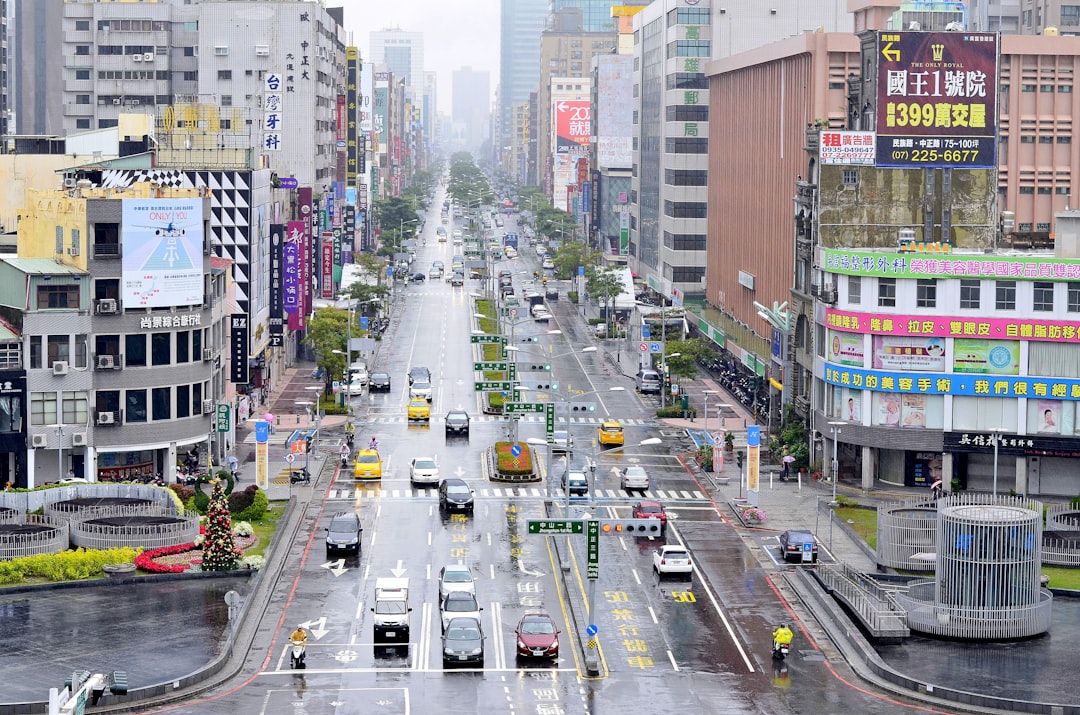Taiwan Recall Campaign Leader Detained Amid Signature Forgery Allegations
Controversy Erupts as Recall Vote Organizer is Held in Kaohsiung, Raising Questions of Political Interference.

Kaohsiung, Taiwan – Hsu Shang-hsien (徐尚賢), the head of an organization spearheading recall votes against two Democratic Progressive Party (DPP) lawmakers in Kaohsiung, has been formally detained. The detention follows questioning regarding alleged forgery and violations of the Personal Data Protection Act.
The Kaohsiung District Court approved the prosecutors' request to detain Hsu and hold him incommunicado for two months, citing concerns that he might tamper with evidence or collaborate with others implicated in the case.
Court documents revealed that Hsu admitted that numerous signatures on the organization's recall petition documents were not from actual supporters, but were provided by himself or campaign volunteers.
Despite denying illegal data collection or document forgery, the court stated that digital evidence from confiscated phones and witness testimony indicated "suspected serious illegality."
The Kaohsiung District Prosecutors Office alleges that Hsu deleted campaign-related files and chat records, and advised others, including Chu Lei (朱磊) and a woman identified as Huang (黃), on their responses to judicial inquiries.
Huang was released without bail after questioning, while Chu was released on bail. The court acknowledged the unclear facts of the case, but deemed Hsu's pre-trial detention justified to prevent collusion with unexamined individuals.
Hsu led the "Double Strike Petition Headquarters" (雙罷劫連署總站), which coordinated signature collections for campaigns against DPP lawmakers Hsu Chih-chieh (許智傑) and Huang Jie (黃捷), both representing Kaohsiung districts in Taiwan's national legislature.
The case is one of several investigations into alleged illegalities within recall vote campaigns targeting DPP lawmakers, prompting opposition politicians to accuse the ruling party of using the judiciary to "persecute" political opponents.
The main opposition Kuomintang (KMT) has protested, urging Taiwanese citizens to assemble, while the DPP has denied the allegations, accusing the KMT of jeopardizing Taiwan's social stability and democracy.
Separate investigations in Taipei and New Taipei have led to raids and arrests related to alleged signature forgeries and data protection violations in recall campaigns against DPP lawmakers.
According to the Public Officials Election and Recall Act, a public vote is triggered if campaigners secure signatures from 1% of district voters in the first round and 10% in the second.
Other Versions
Detenido el líder de la campaña por la revocación de Taiwán acusado de falsificar firmas
Le leader de la campagne de rappel de Taiwan détenu dans le cadre d'allégations de falsification de signatures
Pemimpin Kampanye Recall Taiwan Ditahan di Tengah Tuduhan Pemalsuan Tanda Tangan
Il leader della campagna per il referendum di Taiwan arrestato per le accuse di falsificazione delle firme
台湾リコール運動指導者が署名偽造疑惑で拘束される
서명 위조 혐의로 구속된 대만 주민소환 운동 지도자
Pinigil ang Pinuno ng Kampanya sa Pagbawi sa Taiwan sa Gitna ng mga Paratang sa Pagpapalsipika ng Pirma
Лидер кампании по сбору голосов на Тайване задержан в связи с обвинениями в подделке подписей
ผู้นำแคมเปญเรียกคืนตัวในไต้หวันถูกควบคุมตัว ท่ามกลางข้อกล่าวหาปลอมลายมือชื่อ
Trưởng chiến dịch bãi nhiệm Đài Loan bị bắt giữ giữa cáo buộc làm giả chữ ký

